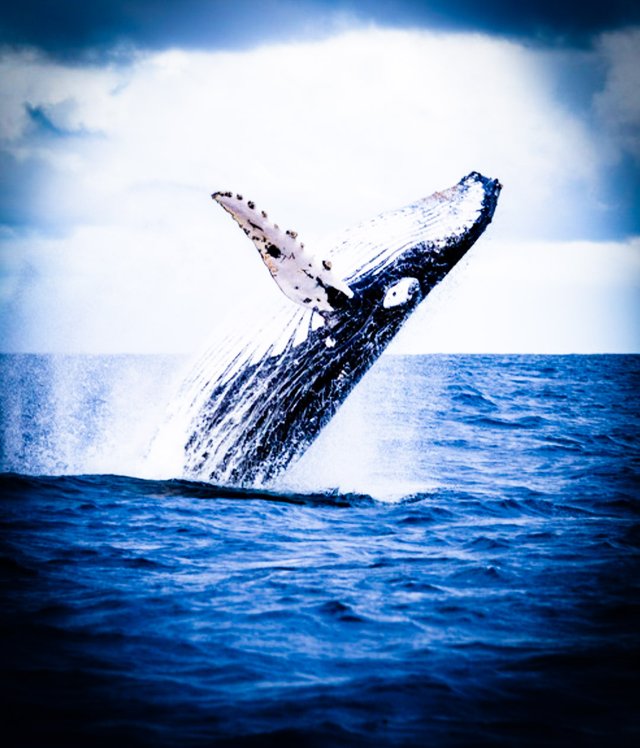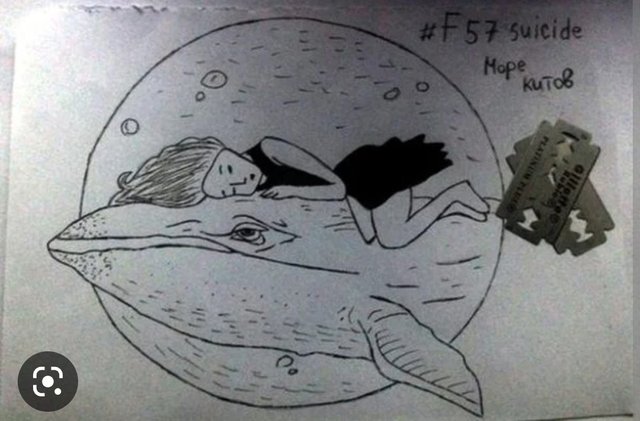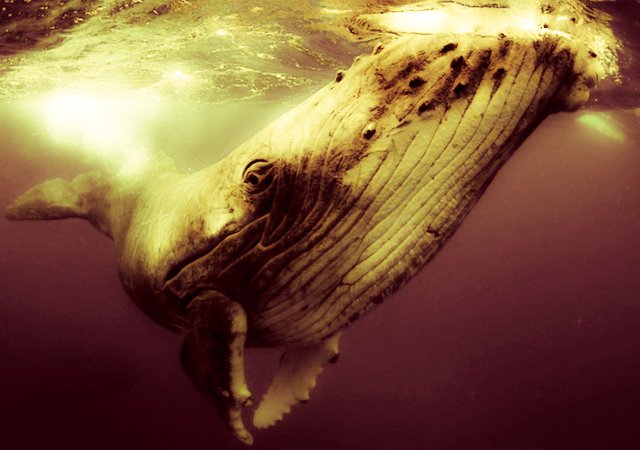
In recent years, social media challenges have gained immense popularity, with many people participating to gain fame or simply for fun. However, while these challenges may seem harmless, they often come with serious risks.
One of the most dangerous challenges on social media is the "Tide Pod Challenge." This challenge involves participants biting into laundry detergent packets, which can lead to serious injury or even death. The corrosive chemicals in the pods can cause severe burns to the mouth, throat, and stomach, and can also lead to respiratory problems.
Another challenge that has gained popularity is the "Bird Box Challenge," which involves blindfolding oneself and performing everyday tasks. While this might seem like harmless fun, blindfolding oneself can result in serious injuries, including falling down stairs, tripping over obstacles, or getting hit by cars.

The "Blue Whale Challenge" is perhaps the most disturbing of all social media challenges. This challenge involves participants completing a series of tasks over the course of 50 days, which ultimately leads to suicide. The challenge preys on vulnerable teenagers and promotes self-harm and suicidal tendencies.
The Blue Whale Challenge was created by a Russian named Philipp Budeikin, who claimed to have invented it to cleanse society of individuals who he thought were weak. He encouraged players to take their lives after completing the game's final task.

Budeiki was born in 1995 in Moscow, Russia. Not much is known about his childhood or teenage years. However, it is reported that as a teenager, he became interested in dark internet culture and began to immerse himself in it. This interest in the dark corners of the internet is said to have led to his creation of the Blue Whale Challenge. Budeiki is said to have created the game as a social experiment to understand how far people would go to obey instructions given to them by an anonymous figure. The game initially spread through social media networks and private messaging platforms. Budeiki is believed to have targeted vulnerable teenagers who were suffering from depression and had a tendency towards self-harm.

Rina Palenkova
Rina was an aspiring artist who had a passion for painting and drawing. She was a student at a local high school and had a close relationship with her family. She also had an active social media presence and was known for her love of selfies.
However, in November 2016, Rina's life took a tragic turn. Rina had completed all of the challenges, including cutting the shape of a blue whale into her arm with a razor, and ultimately took her own life by jumping from the roof of her apartment building.

Rina's death caused a wave of shock and outrage in Russia, prompting lawmakers to take action. In May 2017, the Russian government passed a law criminalizing the promotion of suicide and creating websites or social media groups related to suicide.

It is unclear how many teenagers have lost their lives to the Blue Whale Challenge. Reports suggest that the game has claimed over a hundred lives in Russia alone. There have also been reports of deaths in other countries such as Brazil, India, and the United States.

Budeiki was arrested in 2017 in Russia and charged with inciting suicide. He confessed to creating the game and was sentenced to three years in prison. However, there are doubts about his conviction, as some believe that he may have only been a small part of a larger group responsible for the game's proliferation. The Blue Whale Challenge is a tragic reminder of the dangers that exist online, particularly for vulnerable teenagers. It highlights the need for greater awareness of mental health issues, as well as the importance of responsible online behavior. Although Budeiki's role in the creation of the Blue Whale Challenge is undeniable, it is ultimately the responsibility of society as a whole to ensure that such tragedies do not occur again.

Thank you for reading. Show some love for more stories like this and more. Remember, love conquers all while hate only conquers hate.